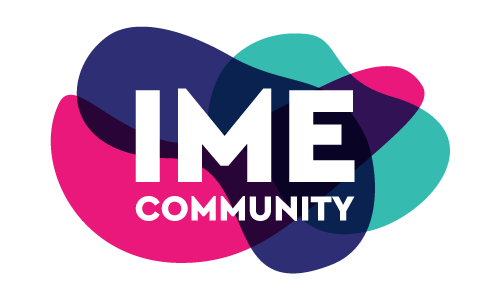I have this edge to me. You do too. No doubt. It’s what it takes to achieve goals.
“Don’t say good job, say bad job.” My daughter, Katherine, used to say that to us when she was a toddler whenever we would praise her. She didn’t like syrupy praise. She’s 20 and a junior in college and she still can’t stand syrupy praise. She finds it patronizing and condescending. She also doesn’t like to be told what to do. Who does?
Who’s telling you what to eat?
Food companies, soda companies, society, culture, medical establishment, the government, some doctors who refuse to challenge what isn’t working, some dietitians, have all been telling you what to eat. I’m not saying there isn’t some helpful advice or education out there, but there’s a difference between education and telling someone what to do.
Telling someone what to do in any area of their life brings up NEA (Negative Emotion Attraction) and will not move anyone toward their desired outcome or sustainable change transformation.
I’m reading or listening on Audible (it’s never a shameless plug to promote audio books) a book called, “Helping People Change” by expert coaches and professors at Case Western Reserve.
I heard one of the authors speak on the Institute of Coaching Webinar which is a group I am a member of that takes a scientific approach to coaching. There are many research articles that show the positive benefits of coaching. I love the positive psychology movement and taking a strengths-based approach to behavior change.
So, one of the key teachings in the book I was listening to, and if you’ve ever listened to a book on Audible, it is really dependent on the narrator’s voice whether you stay awake or not. And, if you’re like me and you space off after a while, like I have always done in church around minute 8 or so, no offense to all the ministers out there, you miss out on whole chunks of the audio book and have to rewind. Or not.
Anyway, I’m really interested in the response to different kinds of coaching. If a coach coaches with compliance, meaning giving a directive or basically telling someone what to do, it is much less likely to be effective, meaning it is less likely to help you reach your desired outcome and you will struggle with sustaining that outcome.
It’s kind of dumb luck for those of us coaches who are just decently nice people and care about other human beings. That’s just kind of a nice thing in life. We can always be more intentional and on purpose compassionate with our coaching. Which is not babying you. It’s believing in your unlimited potential and loving you no matter what. It’s not trying to fix you. It’s knowing in our hearts that there could never be anything to fix because you are never broken. It’s not coaching you and pushing what I think is best. It’s helping you discover what you believe is best and works for you. So, that’s coaching with compassion.
Coaching with compassion taps into your ideal self, is self-directed, and visionary. You make decisions based on your higher brain. It’s like my vision to create community through compassionate connection. I see it and I own that vision. Remember, IME Community, it’s like building a city and the essential functions are laid out and we are just populating it.
It’s creating your own beautiful personal vision word-cloud. It’s your dream-speak. No one takes it away. You get to take your vision alongside of you. You and your vision get to choose your own adventure! I want your personal health to be a part of your vision because you are worthy and deserve your healthy life and I believe in your unlimited potential to create any result you want. Instead of NEA, restrict and indulgence mindset, coaching with compassion brings up PEA (Positive Emotion Activation) and gets you where you want to go.
There’s a reason why I’m teaching you all about self-love superpower in the beginning because you will learn to self-coach. In fact, I can coach you with compassion until the end of time, but if you are in your head giving power away to the negative self-talk, coaching yourself with compliance, telling yourself what you should be doing, buying into society’s and our culture’s beliefs about what to eat, singular solutions, fixated on the how and the what and not your why, you will be self-sabotaging.
So, what do you have to lose by trying a new more compassionate and positive approach? You will lose a lot of negative emotions and pain and probably some weight and will gain positive emotions, your desired outcomes, and your vision for yourself and your health. Sounds pretty good to me!
Do not tell me what to eat!
You’ve got this!
Self-love Superpower,
Dr. Karla, ActivistMD

